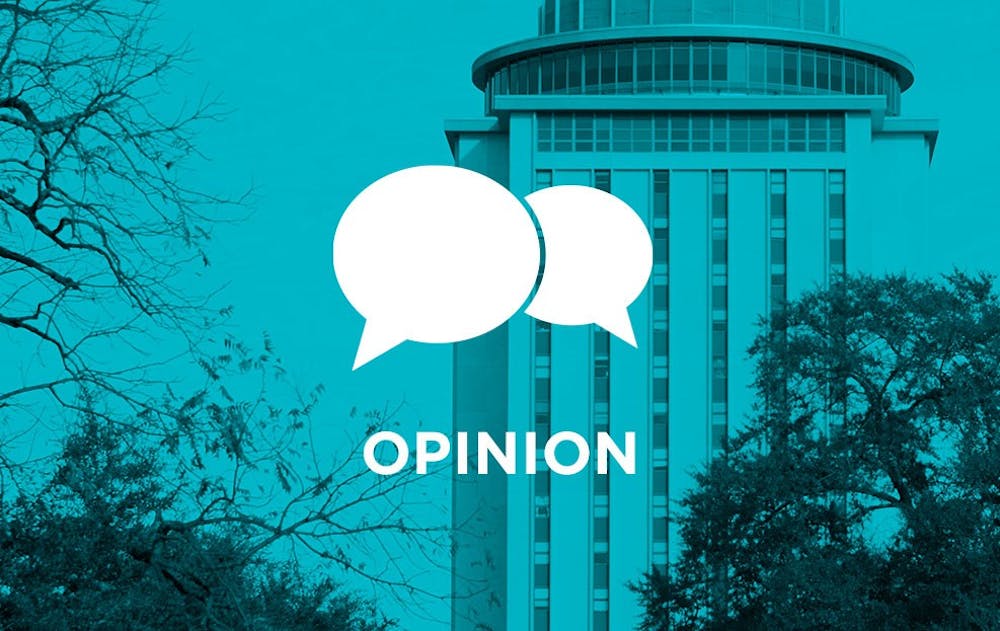Net neutrality at its core revolves around internet providers ensuring that all content, websites and applications are accessible without hindrance. This means that a provider cannot slow your connection if you load a webpage that they disagree with, nor can it be paid by a company to block its competitors. Net neutrality also makes sure that new websites and services can start up their business and make them available to anyone with internet access, like any other service, and not have issues. This is important for the promotion of innovation and small business. Net neutrality is vital to ensure that all information is accessible, and yet there is a push to get rid of it. This push must be stopped, and net neutrality needs to stay.
A great way to fully understand net neutrality is by envisioning what the world would be without it. Imagine that you buy an oven from “Business A.” Now, you want a frozen pizza, so you go to the store. “Business A” also makes pizza, and you can get a free pizza from them or pay $5 extra for a pizza from another business because the oven will charge you more to put another company’s pizza in. Translated to the internet, think of Comcast, the biggest internet provider. Comcast also owns Xfinity cable, which has a streaming service. Without net neutrality, if you have Comcast, you will get the streaming service for the usual price if not free; however, if you want to have Comcast and access Netflix, you will have to pay extra to Comcast in order to be able to watch Netflix, or be stuck watching Netflix at extremely slow loading speeds, as well as pay Netflix its monthly fees.
With this idea in mind, almost all other examples that you can think of can occur. The provider could charge you additionally for you to use a website that with net neutrality would be free, such as Facebook or Reddit.
Without net neutrality, internet fast lanes will also exist. This will make it so that providers can not only block access, but also charge users extra money to have faster delivery for things such as music and movies. These fast lanes will also be given to preferred partners, which will help their businesses but intentionally harm rivals.
Also, smaller companies will be harmed by these fast lanes. A startup company called Discord, for example, will be harmed. Discord is a communication app, like Skype, designed for gamers. The communication can be through text or voice calls; however, with net neutrality gone, their equal access to bandwidth will be hurt as bigger companies with internet providers’ backing will monopolize that particular market. As an advocate for small businesses, I would hate to see that happen.
Graduate schools would also be harmed by taking away net neutrality. Library budgets determine journals that students have access to. Students access the journals through databases, which cost money. When net neutrality is gone, the universities will have increased costs for journals and databases, which will cause student costs to increase. It will also limit the amount of journals the school can get because each will cost more. Without all these journals, universities may have to drop certain graduate degrees because they do not have the required credit to give them.
I will admit, as a conservative, I struggle with arguing this viewpoint. I usually advocate for little government influence in businesses and markets, but sometimes it is necessary to protect against unfair business practices and monopolies.
Net neutrality protects the internet from being monopolized. This is important to ensure that everyone has access to the internet without hindrance based on their needs. Arguments against net neutrality say that it makes it so that the internet is not a free market; however, I would argue that monopolizing the internet and making sure only certain websites can be accessed based on the provider’s agenda makes the market not free. The best case scenario without net neutrality is that you would have to pay extra money per month compared to what you pay now. The worst case scenario is that internet providers will censor content they disagree with and block access to websites. We cannot let this happen.

